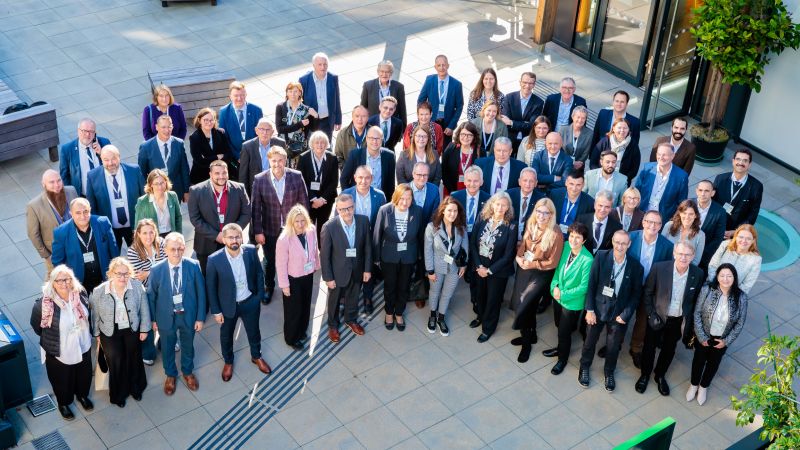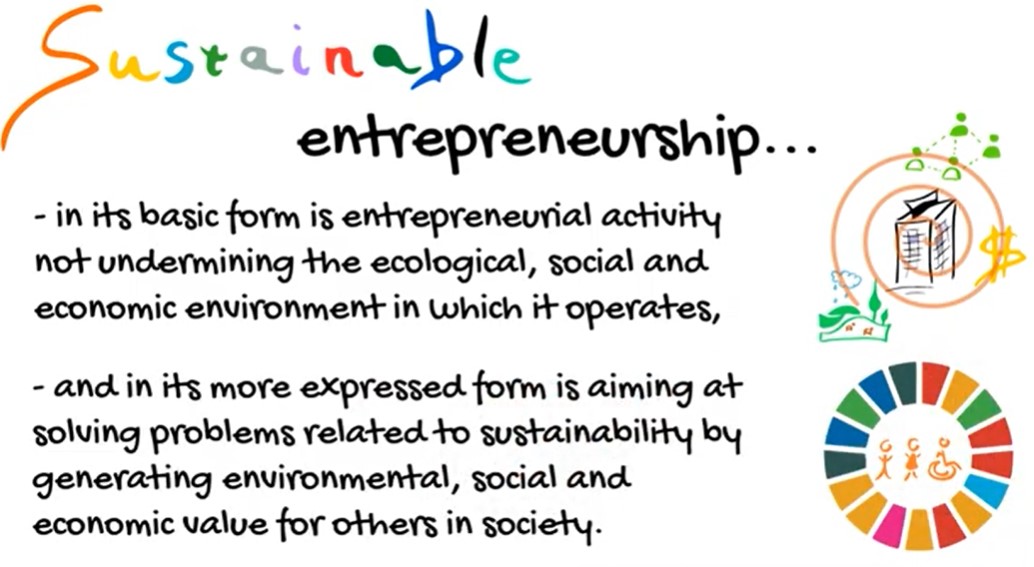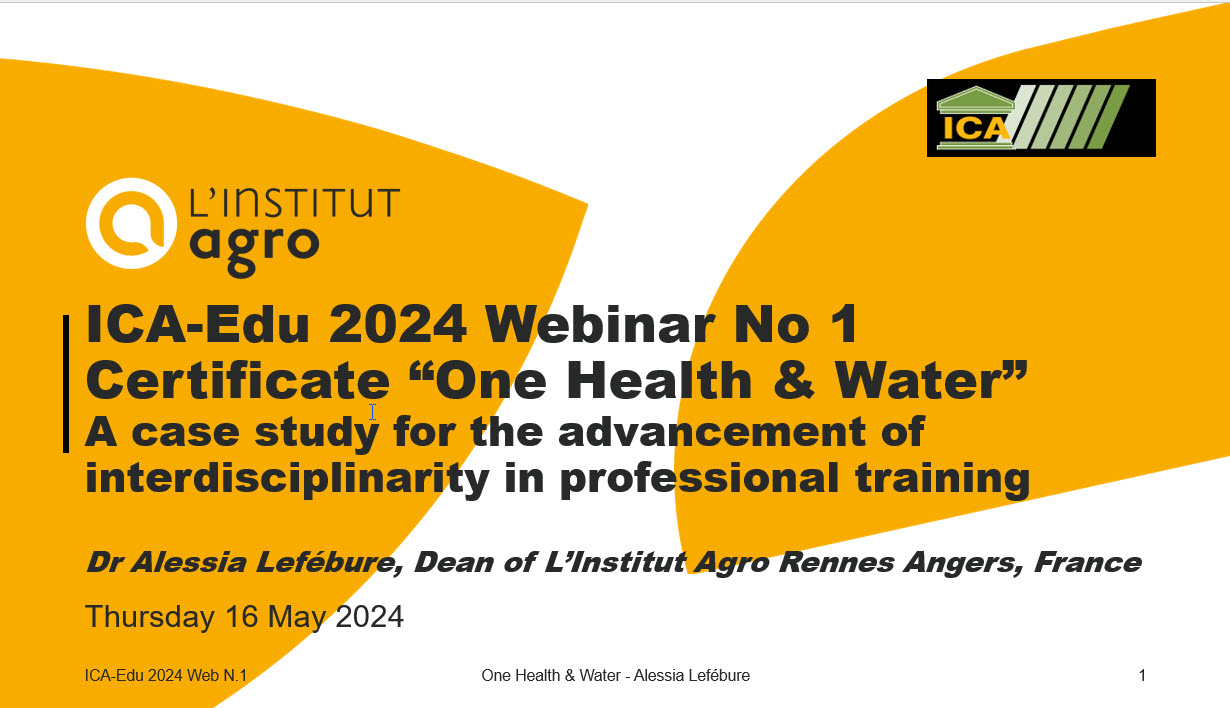Navigating Complexity: ICA Leading the Circular Bioeconomy Transformation
was held on 16 and 17 October 2025
at BOKU University, Peter-Jordan-Straße 82, Vienna, Austria
This forum provides a dedicated platform to explore the evolving Science–Policy Interface and to showcase best practices in knowledge mobilization by ICA's life science universities







